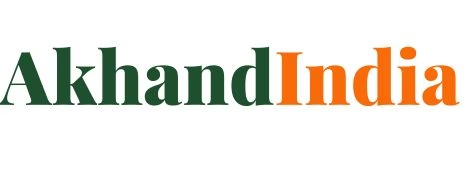Delhi to Jaipur Electric Highway: The demand and number of electric vehicles in the country are increasing rapidly, prompting the government to take steps towards electrification. It is being reported that the Modi government is considering building India’s first electric highway between Delhi and Jaipur. This announcement was made by the Minister of Road Transport and Highways, Nitin Gadkari, in recent months.
Gadkari stated that the government is working on developing electric highways as it is economically viable. He expressed his dream of building the first electric highway between Delhi and Jaipur. According to Gadkari, the construction of an e-highway between Delhi and Jaipur will be done along a new lane parallel to the Delhi-Mumbai Expressway, spanning 200 kilometers. Once completed, this will be the country’s first e-highway.
How to Build Electric Highways: Electric highways around the world utilize three different types of technologies, including Pantograph model, Conductor model, and Induction model. In the Pantograph model, a wire is connected at the top of the road through which electricity is transmitted. This power is supplied to the vehicle through the pantograph, providing power directly to the vehicle’s engine or charging the battery. Currently, this model is used in trains in India, and discussions are ongoing with Swedish companies to bring similar technology to the country.
Benefits of Electric Highways: The biggest benefit of an electric highway is the potential for significant reduction in vehicle transportation costs. According to estimates, logistic costs can be reduced by up to 70% with an electric highway. Currently, a major reason for the increase in transportation costs is the rising fuel prices. If non-transportation costs decrease, inflation may also decrease. Additionally, it will be entirely eco-friendly, using electricity to power vehicles, which is less harmful to the environment compared to petrol and diesel.
Which Trains Should Run: In countries like Denmark and Germany, these are only used for freight vehicles. Private vehicles run on electricity, but they are battery-operated. Direct supply is provided only to trucks and vehicles used for public transportation. Charging stations will be set up along the highway at short intervals for the convenience of private vehicles, where they can be charged.
देश में इलेक्ट्रिक वाहनों की मांग और संख्या बढ़ रही है, इसी के साथ ही सरकार विद्युतीकरण की दिशा में तेजी से कदम उठा रही है। मोदी सरकार दिल्ली और जयपुर के बीच देश का पहला इलेक्ट्रिक हाईवे बनाने पर विचार कर रही है। इसकी घोषणा केंद्रीय सड़क परिवहन और राजमार्ग मंत्री नितिन गडकरी ने की है। इस हाईवे का निर्माण दिल्ली-मुंबई एक्सप्रेसवे के साथ नई लेन पर किया जाएगा, जिससे वाहन यातायात की लागत में भारी कमी आने की संभावना है। इसके साथ ही यह पूरी तरह से इको फ्रेंडली भी होगा।

